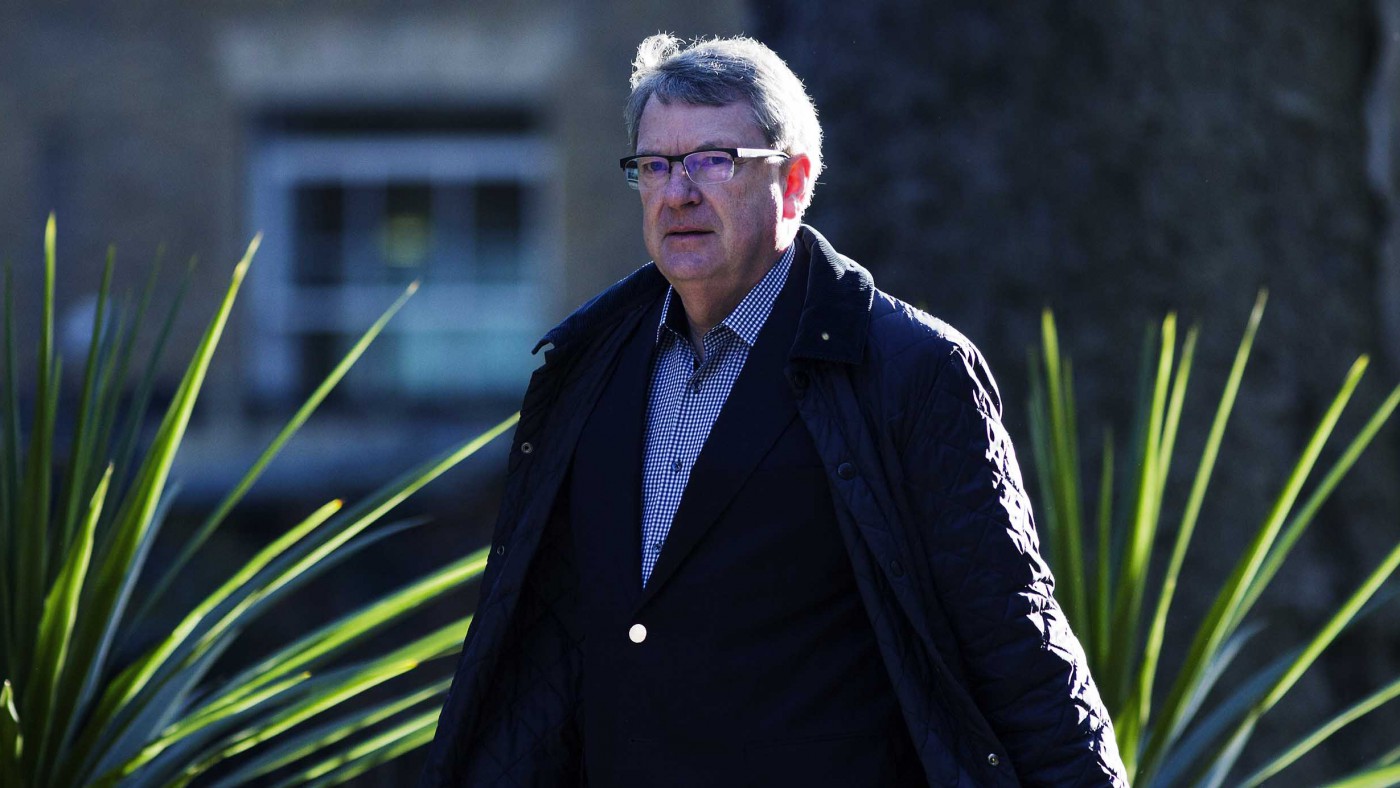The electoral guru who played a big role in winning the Tory party election doesn’t often give interviews. That means it is worth watching this short video of him, filmed in his native Australia, explaining why the Tories won.
The political caravan has moved on quickly in the UK since May. The Labour party is having a collective nervous breakdown and most normal people are either on holiday or not paying attention. But it is fair to say that it has suited much of the media, and journalists like me, to skip on rather speedily, after a quick detour to blame the opinion pollsters for the Tory victory being a surprise.
In part this is because quite a lot of commentators (me included) did not expect such a clear result. Many Tories themselves, despite what they claim now, agreed.
Even though Miliband had a miserable end to the campaign, after a confident start, he was tanking by the end of April. There was the Ed Stone. And then that moment when the Question Time audience did for him on the matter of whether Labour had or had not spent too much money, leaving the country ill-prepared when a recession hit. Somewhat bafflingly, otherwise sensible Labour people still seem to struggle with that concept in a way that voters do not. The spending didn’t cause the crisis. It left the country poorly prepared when a crisis came, which they always do eventually. Boom and bust cannot be ended. Predicating policy on the idea that it could be was nuts.
Even so, regardless of Miliband’s troubles, it still felt to me with a few days to go as though the Tories were heading for largest party in 300+ territory. I paid too much attention to the polls. I had thought in 2010 that the polls were wrong and that Tories would squeak over the line into overall majority territory. They didn’t. My hunch, and the hunch of others like me in 2010, was wrong. The polls were right. The Tories fell short.
This time, having been burned in 2010, I thought the pollsters probably knew what they were doing and that the Tories would not be able to secure a majority on their own. Senior conservatives I spoke to tended to agree with this analysis and all bar a handful of people I encountered seemed to be of a similar view, although several good friends and close relatives thought the media and Westminster bubble had it wrong. The Tories would win, they said. In the media, the Telegraph’s Dan Hodges was right from a long way out.
But Crosby’s post-election analysis is fascinating. Most of what we thought we knew, following the day to day battle, turned out to have been wrong.
He says: “What we have to understand is that there is a line of steadiness below all the static that is the ultimate path that determines the election.”
That’s well put. The fixation on social media, and daft rows that flare up at breakfast time, and are gone by 11am to be replaced by the next daft row, have created an excess of noise.
The video, as I said, is worth five minutes of anyone’s time, be they Tory, Labour, non-aligned or a CapX reader in the US worried that that ghastly Trump fellow is ruining the Republican race.
Corbynistas should watch the Crosby video too. They appear to be getting carried away with the notion of a new paradigm, a magical land on the horizon where millions of secret socialists rise up to convert the home counties and suburbs throughout England to hard left Labourism. The Corbynistas are behaving like football fans who dream that one day, one day, the universe will operate according to the laws of natural footballing justice and their team will, finally, win the league.
Yes, the party system is in flux, despite the Tory win in May. The SNP controls Scotland. Labour may be dying or it may be about to split. UKIP got four million votes and the Liberal Democrats are a smoking ruin. Despite that, or perhaps because of the turmoil, that great slice of voters in the middle who are not particularly ideological looked at the options and calmly chose the Tories, not out of love or even affection, but because Crosby and Cameron offered them reassurance, stability and protection from the left-wing Ed Miliband and the SNP.


